Geschichte
Genfs Geschichte der internationalen Zusammenarbeit lässt sich mit der Geschichte keiner anderen Stadt zu vergleichen.
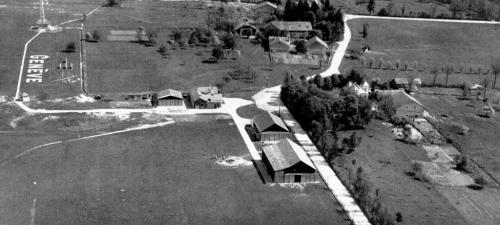
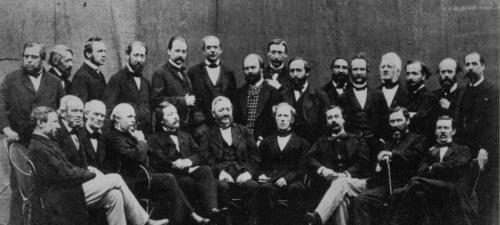
Entdecken Sie die Geschichte anhand von Bildern aus den Archiven der internationalen Organisationen mit Sitz in Genf
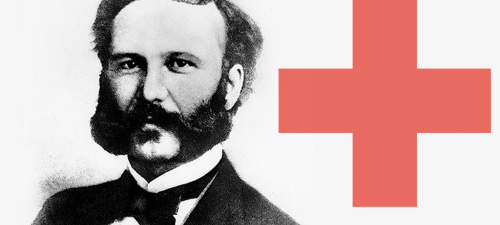

Entdecken Sie einige der Persönlichkeiten, die Genf seit 1926 ins Rampenlicht gerückt haben.
The historian of the International Committee of the Red Cross, Daniel Palmieri, retraces the historical context and key milestones of the Geneva Conventions from 1864 to 2005.
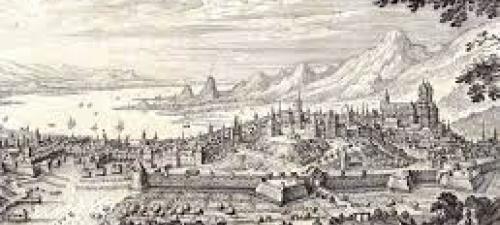
Joëlle Kuntz, die bekannte Schweizer Journalistin, erkundet das historische Umfeld des Rätsels und arbeitet vier konstituirende Momente heraus: Reformation, Gründung des Roten Kreuzes, des Völkerbunds und der UNO.
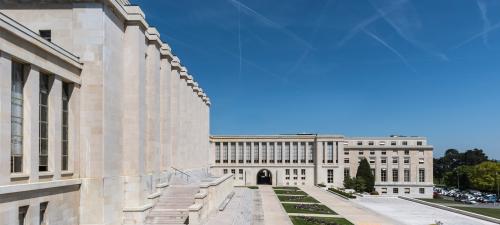
Dieses Buch erzählt die Bauetappen der Gebäude, die den internationalen Bereich der Stadt Genf bilden.